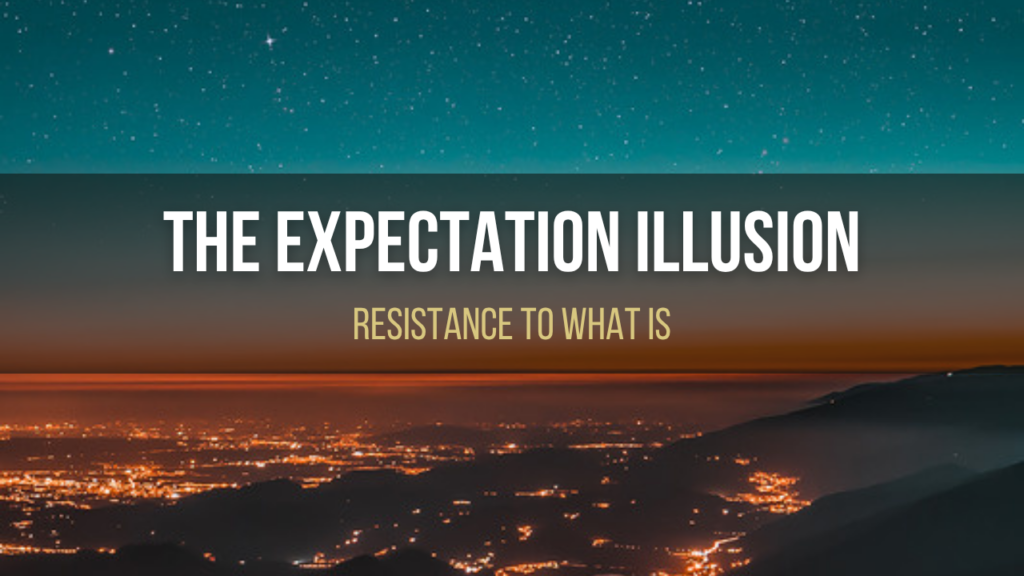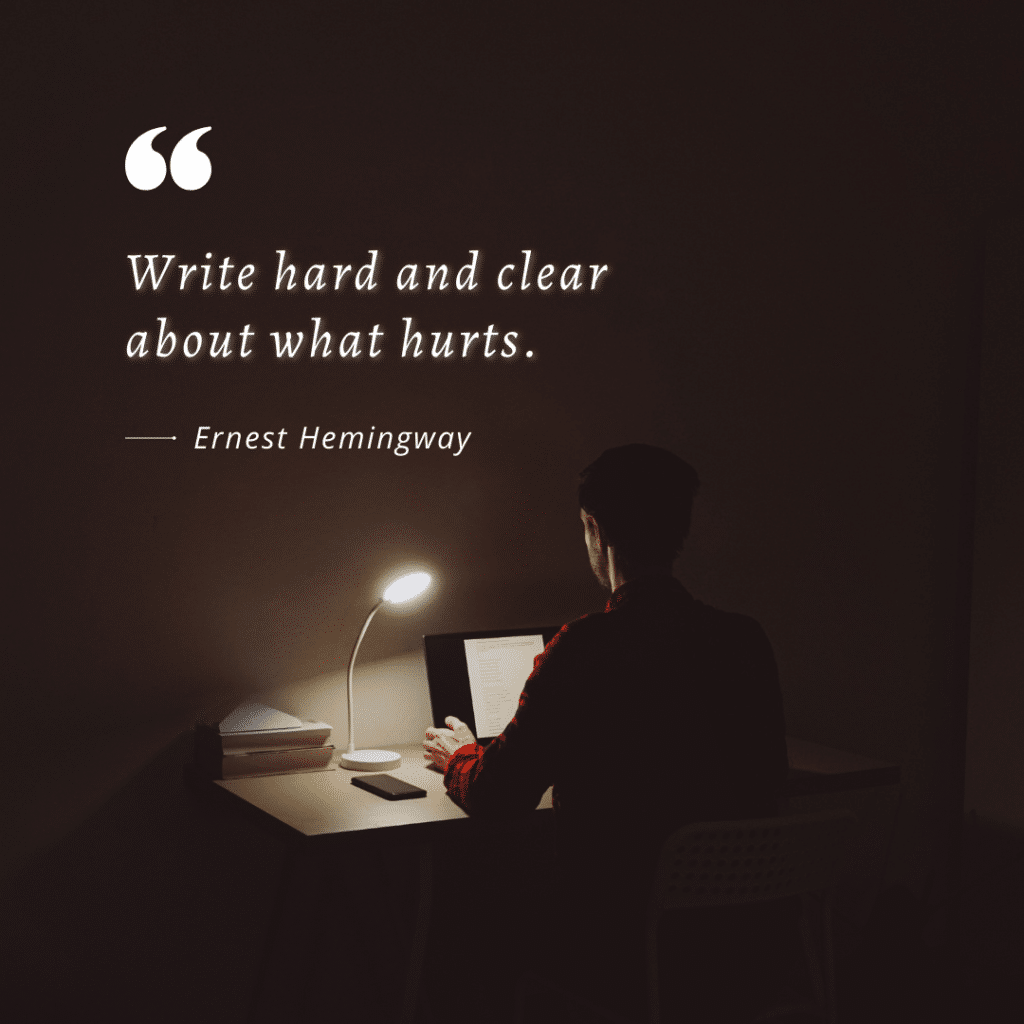Overview: The Expectation Illusion
You have a vision of how life should be — how things should look, feel, unfold.
And for the most part, you’ve done your part. You’ve worked hard, made good choices, achieved things you once only dreamed of.
But something’s still off.
Reality hasn’t matched the picture in your mind.
The feeling you thought would come — peace, satisfaction, relief — never fully arrived.
You know you should feel more grateful, but instead, you can’t help but think: “I have everything, so why am I not happy?”
That little voice is the gap between expectation and reality.
When we cling to the way we think it should be, we unconsciously fight against what really is.
We make our happiness conditional, which leaves us feeling like something is missing.



